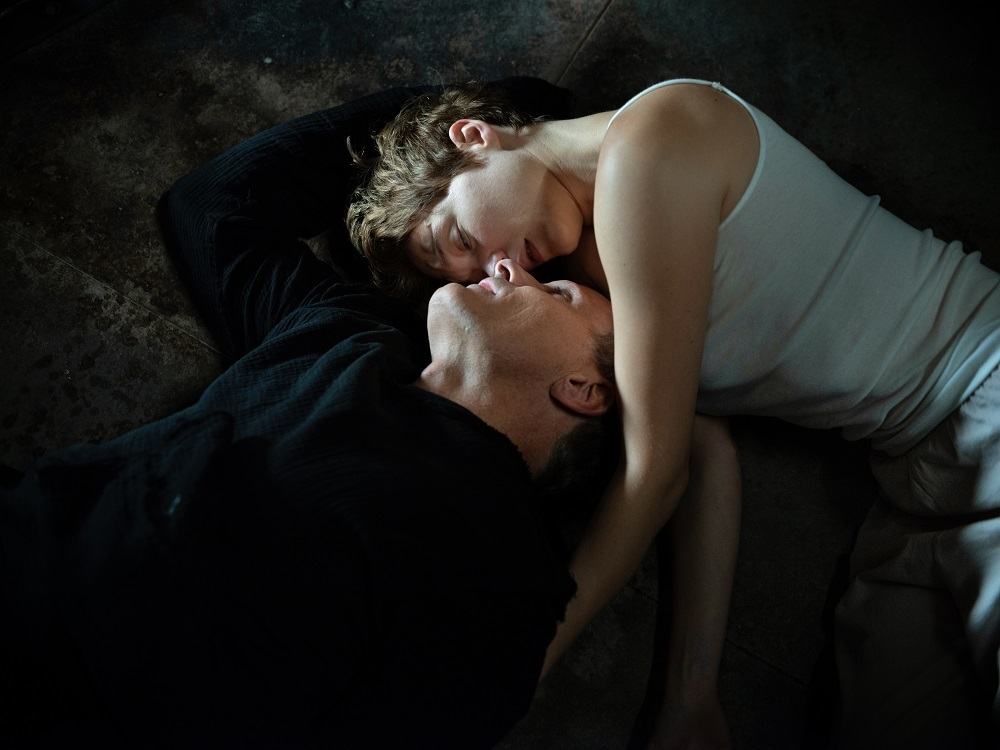Crimes of the Future

Viggo Mortensen and Lea Seydoux star in CRIMES OF THE FUTURE. (Photo: Neon)
It would be easy to say David Cronenberg is returning to his roots combining science fiction and body horror with Crimes of the Future, but he’s not repeating himself.
His first feature in eight years is an offbeat dystopian thriller that finds the venerable Canadian filmmaker exploring the folly of medical experimentation, the illusion of cheating death, the convergence of politics and evolution, and the limits of artistic expression and ethics.
Even if such weighty thematic ambitions yield more questions than answers, this high-concept freak show manages to sidestep cheap thrills and gimmicks in favor of more visceral provocations.
From the disturbing imagery of its opening scene, a haunting atmosphere of dread and despair simmers beneath the surface of a near-future landscape where humans are engaging in synthetic anatomical manipulation under the radar of medical or government intervention.
Saul (Viggo Mortensen) suffers from a syndrome enabling his body to randomly produce excess organs resembling tumors. Although his condition is deteriorating, he turns the periodic extractions via weird remote-controlled gadgetry into performance art alongside his morally complicit partner, Caprice (Lea Seydoux).
Their underground spectacle captures the attention of a bureaucratic regulator (Don McKellar) and his assistant (Kristen Stewart), who finds Saul’s affliction strangely alluring. “Surgery is the new sex,” she whispers after a particularly gruesome show.
As their following grows, desperate circumstances push Saul and Caprice to take greater risks to find catharsis and remain ahead of the curve. Along the way, the film hints at broader sociopolitical implications surrounding organ tagging and technological overreach.
Cronenberg’s deliberately paced screenplay conjures a bizarre fascination with the science behind its premise yet struggles to generate a deeper emotional resonance among its oddball characters and their twisted psychosexual desires.
The director also engages in some playful button-pushing by introducing graphic elements of sadomasochism, torture, extreme body modification, child autopsies, and even cannibalism. In other words, it’s not for the squeamish — which Cronenberg devotees will appreciate — but is there a method to his madness?
As the film indulges in muddled subplots in its second half, its lack of narrative cohesion becomes frustrating. Mortensen and Seydoux are eager to play along, even if their characters remain cold and unsympathetic.
Still, while evoking its dark satirical vision through a visually striking use of light and shadows, Crimes of the Future gets under your skin.
Rated R, 107 minutes.